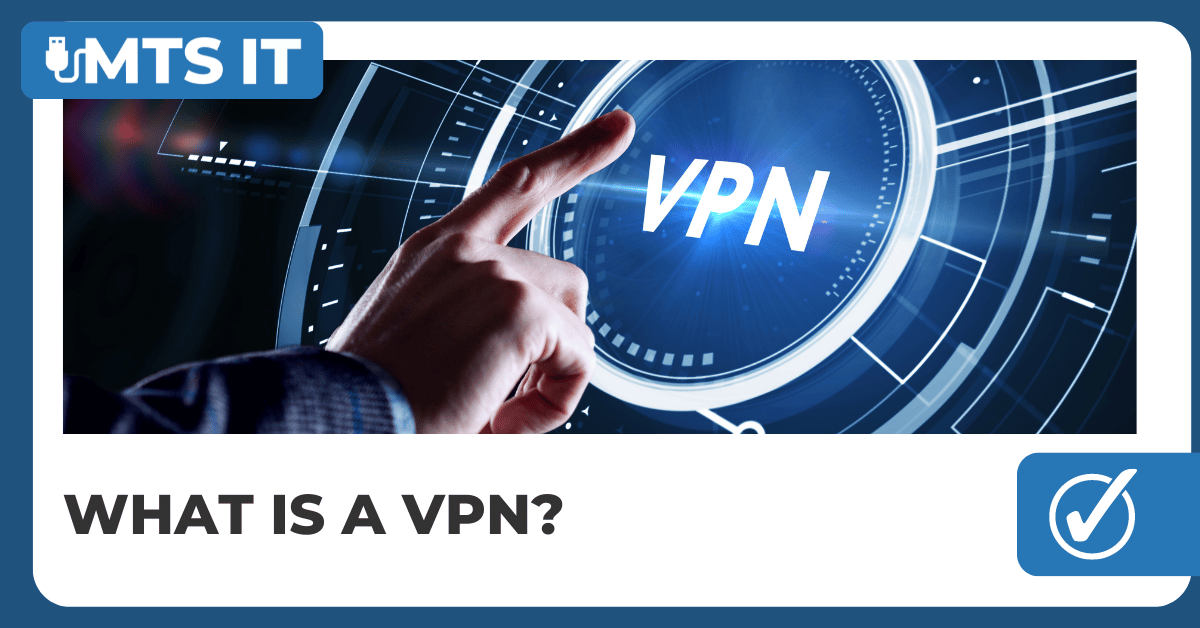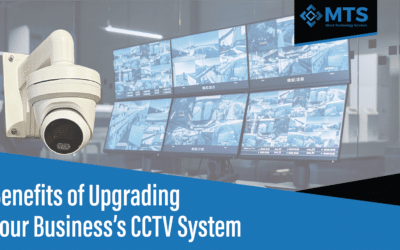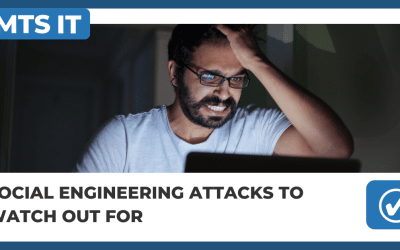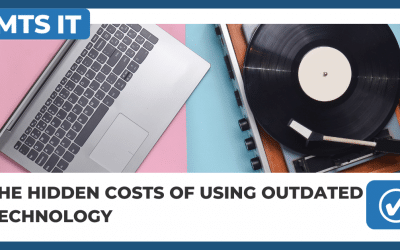VPN stands for virtual private network a method of secure communications that protects your connection while you’re using the internet. It hides your IP (Internet Protocol) address, makes your browsing private, and ensures your internet service provider (ISP) doesn’t track you.
Why do you need a VPN?
No one likes to be watched or tracked, even if they have nothing to hide. That’s why you must step up your privacy game. When you’re browsing through a VPN, your traffic is encrypted so no one can see what you do online. Here are a few more reasons why you need a VPN:
You use public Wi-Fi regularly
VPN is used to secure your connection on public Wi-Fi, so you can browse in full privacy. Hackers have many methods to steal your data on public hotspots, but with a VPN your online traffic is invisible to them.
You want to access your content
If you want to access your home content while travelling around the world, a VPN can help. Install a VPN on your device and never miss a friends post on social media.
You want to stay safe online
Government agencies, marketers, and internet service providers would all love to track and collect your browsing history, messages, and other private data. Best way to hide it? Using a VPN to encrypt your traffic, hide your IP, and cover your tracks online. Use it at home, at work, and on the go to enjoy non-stop protection.
You’re an avid gamer
People who like gaming online, unfortunately, have to deal with DDoS attacks and bandwidth throttling as well. Luckily, you can forget about all of these problems with a VPN. And, you will be able to set up secure virtual LAN parties for your friends.
When should I use a VPN?
If privacy is important to you, you should use a VPN every time you connect to the internet. A VPN app runs in the background of your device so it wont get in the way while you browse the internet. And you will have peace of mind knowing your privacy is always protected.
But here are some situations in which a VPN is especially useful:
While travelling
Exploring the world doesn’t mean you have to change the way you use the internet. A VPN lets you use the internet as if you were still in your home country, no matter how far you travel.
While streaming
Using a VPN lets you watch TV and movies on streaming services like Amazon, Disney Plus, HBO, and Netflix with freedom from ISP blocking or throttling by your ISP or local Wi-Fi network.
While on public Wi-Fi
Connecting to public Wi-Fi hotspots like those in airports, cafes,
and parks could leave your private information vulnerable. Using a VPN on your devices keeps you safe with strong encryption.
While gaming
Using a VPN unlocks games, maps, skins, and other add-ons that might be restricted on your network. It also shields you from DDoS attacks and reduces ping and overall lag.
While file-sharing
P2P file sharing usually means that strangers can see your IP address and possibly track your downloads. A VPN keeps your IP address private, letting you download with increased anonymity.
While shopping
Some online stores show different prices to people in different countries. With a VPN, you can find the best deals in the world no matter where youre shopping from.
How does a VPN work?
When you download client-based VPN software to your device, it does most of the work for you, you only need to log in and connect.
However, it’s helpful to know how a VPN works to understand the service better. Here’s what’s going on behind the scenes:
When you connect to a virtual private network service, it authenticates your client with a VPN server.
- The server then applies an encryption protocol to all the data you send and receive.
- The VPN service creates an encrypted tunnel over the internet.
- This secures the data travelling between you and your destination.
- To ensure each data packet stays secure, a VPN wraps it in an outer packet, which is then encrypted through encapsulation. This is the core element of the VPN tunnel, keeping the data safe during transfer.
- When the data arrives at the server, the outer packet is removed through a decryption process.
Benefits and advantages of VPN
Change your location
Using a VPN changes your IP address, the unique number that identifies you and your location in the world. With a new IP address, you can browse the internet as if you were in Canada, Germany, Japan, the UK, or virtually any country, if the VPN service has servers there.
Protect your privacy
Changing your IP address with a VPN helps shield your identity from apps, websites, and services that want to track you. Good VPNs also prevent your mobile carrier, internet provider, and anyone else who may be listening from seeing your activity, thanks to a layer of strong encryption.
Increase your security
Using a VPN protects you from security breaches in many forms, including man-in-the-middle attacks, packet sniffing and rogue Wi-Fi networks. Travelers, remote workers, and all kinds of on-the-go individuals use a VPN whenever they’re on an untrusted network like free public Wi-Fi.
Unblock websites
If youre in a part of the world that restricts access to Google, Wikipedia, YouTube, or other sites and services, using a VPN will let you regain access to the free internet. You can also use a VPN to break through firewalls on school or office networks.
FAQs
How do I set up a VPN?
Getting a VPN is easy, with VPN tools available for PC and all other major platforms, including Mac VPNs, Android VPNs, and iOS VPNs. To set up a VPN, select a VPN service from a trusted vendor, download the app, and launch it to get started.
Are VPNs legal?
VPNs are totally legal in most countries, including countries with the best server locations. But of course, anything that’s illegal without a VPN, such as pirating copyrighted content, is still illegal even with a VPN. Unblocking websites with a VPN is not illegal, but doing so to stream geo-restricted content may break a websites terms of use.
Are VPNs better than Tor?
The Tor browser is very secure, but it offers a slow browsing experience. Likewise, proxy servers offer many of the benefits of a VPN, but without the same level of security. When comparing VPNs, proxies, and Tor, VPNs combine performance with privacy for the best all-around solution.
Can I still be tracked on a VPN?
With your true IP address hidden, and your internet traffic encrypted, top-quality VPNs make it very difficult for ad trackers or anyone else to track you online. Websites wont be able to find your IP, and while your ISP may see that youve connected to a VPN, they wont be able to see the traffic itself. To cover your tracks even more thoroughly, ensure that your VPN kill switch is enabled, and use a private browser like Avast Secure Browser.
Who needs a VPN?
A VPN is an essential tool for staying secure online. Routinely using a VPN to connect to the internet prevents cybercriminals from hacking into your network, and stops web trackers from following your activity online. By encrypting your data, VPNs don’t just unblock websites, they protect your privacy and help you stay safe on public Wi-Fi.



